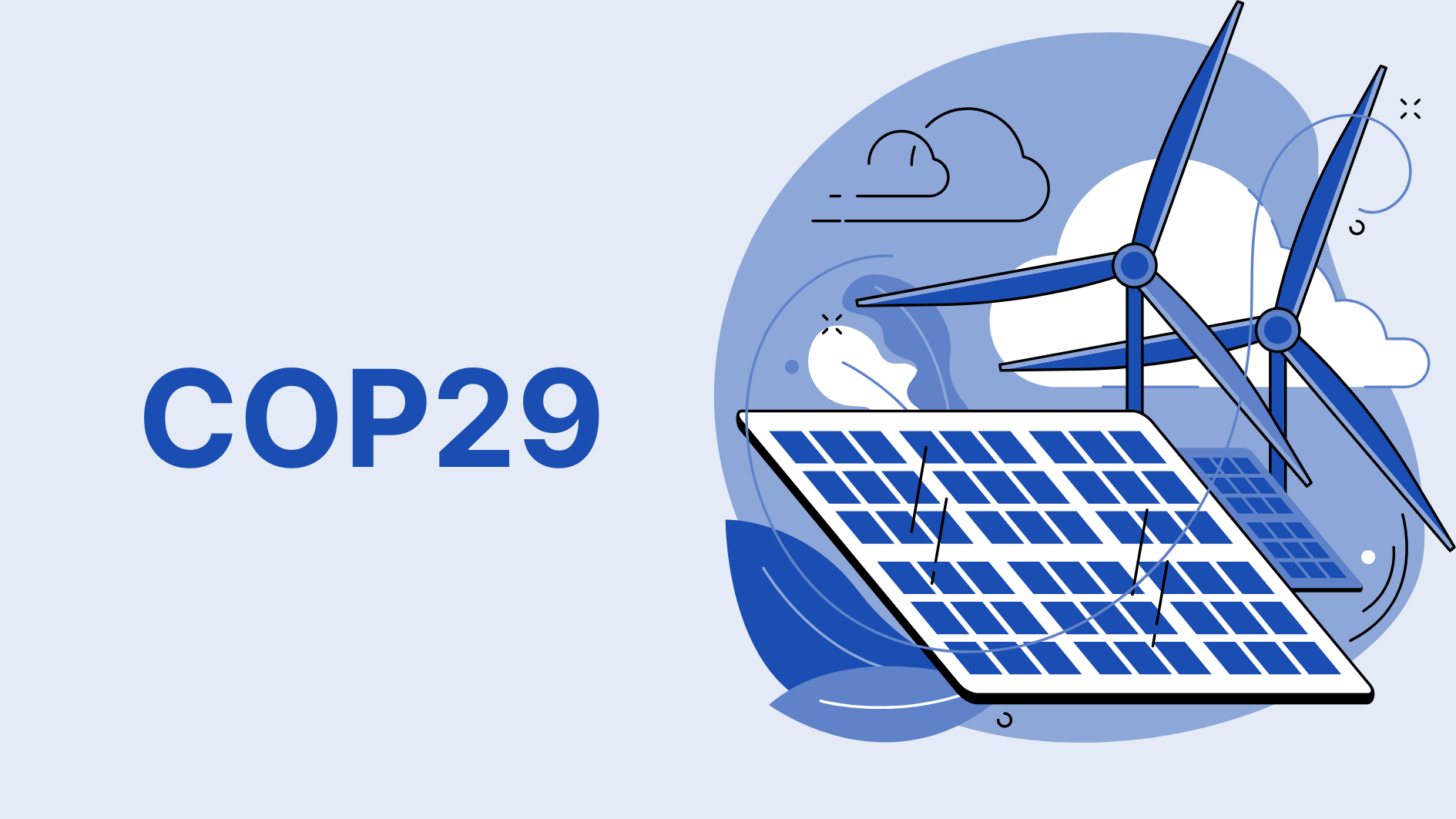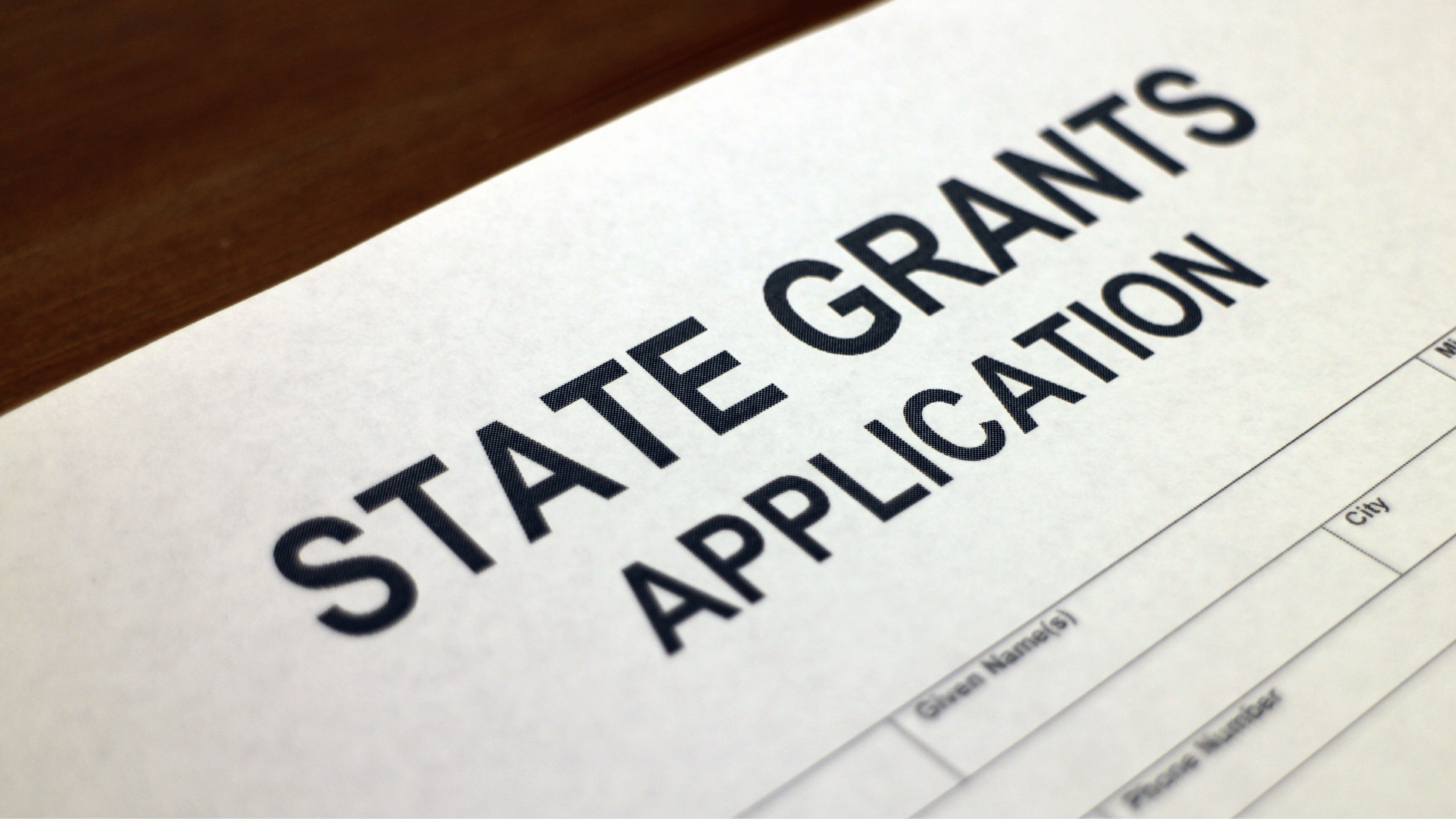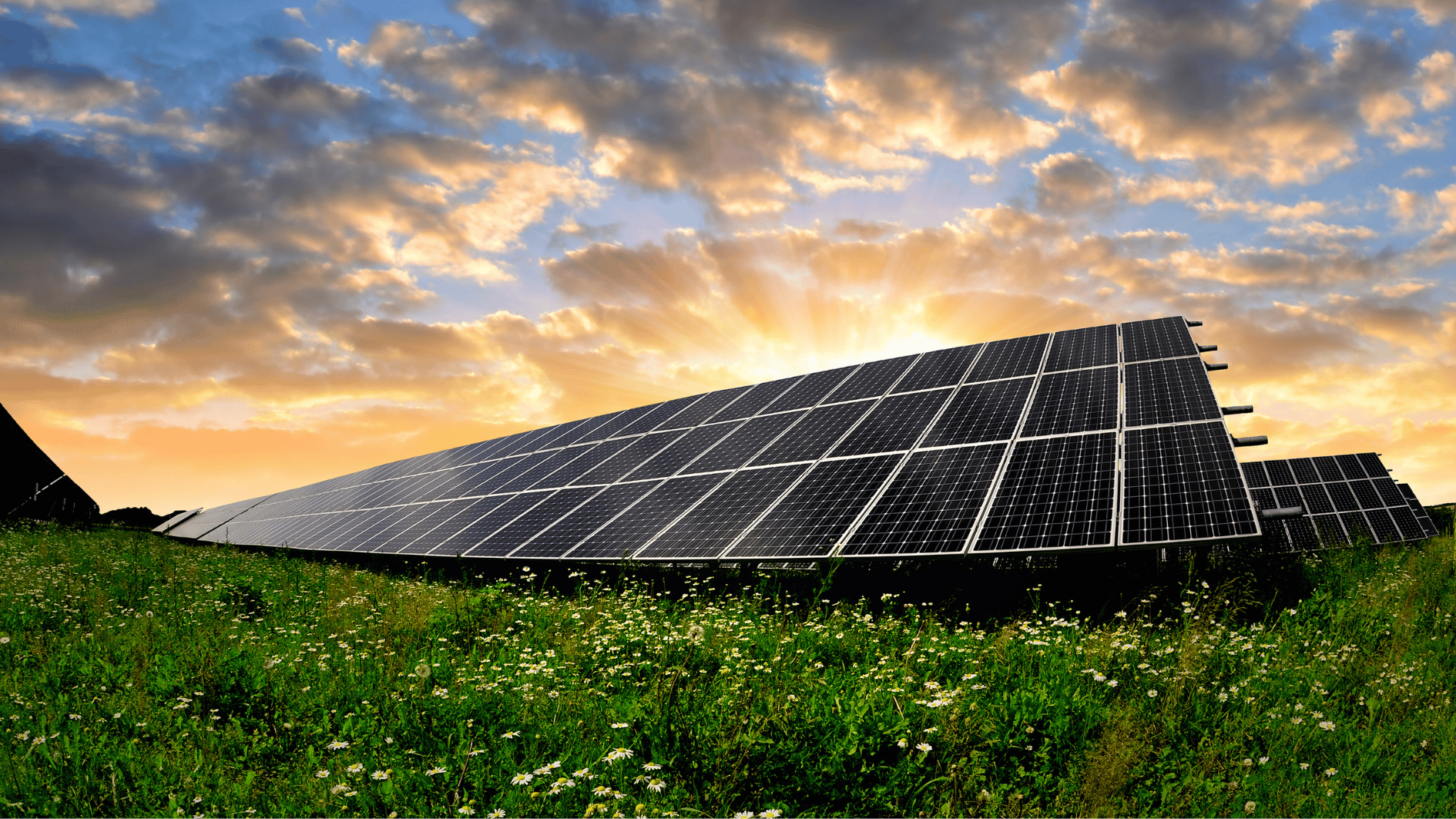Image source: Canva.com
The Solar Energy Industries Association (SEIA) has introduced a new draft industry standard to enhance solar and storage supply chain transparency, helping companies meet U.S. Customs and Border Protection’s (CBP) traceability requirements.
The proposed Standard 101 outlines a framework for manufacturers and importers to trace product origins from raw materials to finished goods. Developed using real-world scenarios of solar shipments that were detained and later cleared by customs, the standard incorporates insights from manufacturers, developers, and third-party auditors.
SEIA President and CEO Abigail Ross Hopper emphasized the importance of the new guidelines, stating, “The U.S. solar and storage industry has an unwavering commitment to ethical operations. As we build out domestic manufacturing up and down the supply chain, this standard will help ensure all solar and storage products installed in the United States meet the highest ethical standards.”
Once finalized, Standard 101 will apply to companies and products, supporting solar developers and manufacturers in supply chain mapping and tracking. The framework allows manufacturers to certify individual products as well as entire business operations. SEIA will collaborate with third-party auditors to certify that product origins are accurately tracked, while developers and installers can use the standard to ensure the integrity of their supply chains.
The draft is now open for public comment and is expected to be fully implemented by early 2025.
This release follows SEIA’s rollout of Standards 401 and 201 in July, which address solar sales and installation practices. The organization plans to introduce additional standards for operations and maintenance, as well as environmental, health, and safety training for technicians later this year. An equipment recycling standard is also slated for release in 2025.

SEIA pushing for new standards for consumer protection
Source: SEIA





